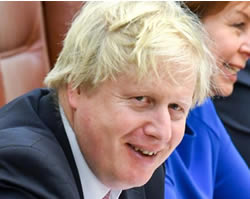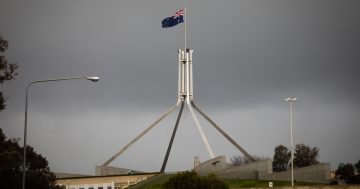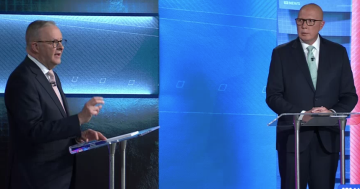While the United Kingdom’s new Prime Minister, Boris Johnson calls himself a feminist Blair Williams* sums up his past record and suggests how this might stack up in the future.
 Boris Johnson has a notoriously bad track record when it comes to how he views women and women’s rights, throughout his multiple careers.
Boris Johnson has a notoriously bad track record when it comes to how he views women and women’s rights, throughout his multiple careers.
As a journalist he made numerous sexist gaffes.
Lamenting the reaction to Princess Diana’s death in 1997, he wrote: “We live in an age where feminism is a fact, where giving vent to emotion in public wins votes.”
In a 2005 farewell piece marking his exit as the Spectator’s editor, he advised his successor to “just pat [their female publisher] on the bottom and send her on her way”.
This kind of behaviour continued in his various political roles.
During his 2005 campaign to become a Conservative MP he stated that “voting Tory will cause your wife to have bigger breasts”.
He also expressed how “magnificent” it was to watch “semi-naked women playing beach volleyball … glistening like wet otters” during the 2012 London Olympics which he hosted as the city’s then mayor.
Such sexist behaviour is also evident in his voting patterns. As an MP, he has continuously abstained from voting on any sort of abortion legislation.
In 2015, he comprised one of the 305 MPs who opposed cutting the tampon tax (where tampons are legally considered and taxed as a ‘luxury’ and an ‘unnecessary’ product) which caused the Amendment Bill to be rejected.
On suggestions that Johnson’s behaviour has often been said to be ‘Trump-like’ — they do have multiple things in common.
Both embody a populist image of being the ‘everyman’ who is against ‘the elite’ despite being from the upper-class privileged elite.
Trump and Johnson are both impulsive, media-hungry and share a history of making numerous misogynistic, racist and homophobic remarks.
They also support a kind of politics that further marginalises vulnerable people while claiming to fight for the ‘average’ citizen, and have ties to the alt-right.
Johnson has made multiple racist remarks as a journalist and politician, particularly in his notorious 2002 Spectator op-ed, titled Africa is a mess, but we can’t blame colonialism.
In one of his columns from 2018, he compared veiled Muslim women to ‘bank robbers’ and ‘letter boxes’.
A watchdog has since found that it significantly increased Islamophobic and misogynistic attacks on Muslim women in the weeks following.
Johnson has continuously shown us who he is while using immigration, particularly Muslim immigration and refugees, as a political football to further his own agenda.
There is a recent trend of male conservative politicians and political leaders self-proclaiming to be feminists, despite their track-record of anti-women policies.
Though Johnson has claimed to be a feminist, he has been completely silent when it comes to voting on policies that directly impact women.
While he denies being sexist, numerous politicians and former colleagues have publicly commented on his ‘disrespectful and patronising’ behaviour towards his female colleagues.
Unlike Trump, however, Johnson hasn’t explicitly expressed any views that could potentially roll back women’s rights.
However, despite Johnson’s socially liberal-ish leanings for a Tory MP, he has a history of misogyny, accusations of sexism and a political record of complete inaction towards women’s rights.
This indicates he will not prioritise issues regarding gender equality.
Realistically, not much will change for better or for worse at the hands of Johnson himself.
At a time when women are still financially, politically and socially disadvantaged and where two women a week are murdered at the hands of their current or former male partners, this is just not good enough.
*Blair Williams is a PhD candidate at the School of Politics and International Relations at the Australian National University. Her research focuses on why women Prime Ministers experience gendered and misogynistic representations in the media.
This article first appeared at broadagenda.com.au











